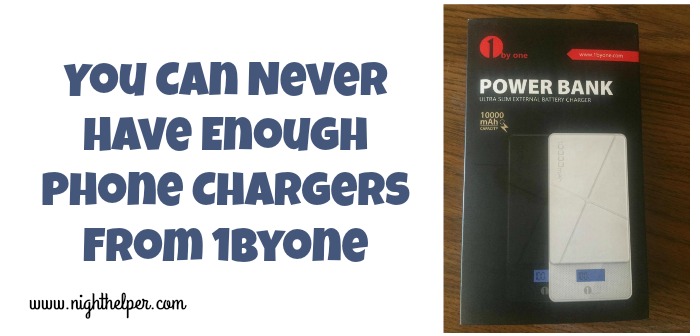Ensuring Home Data Security: The Basics
Working from home is a common thing nowadays, and that means online access for your work. Though your hands are full with taking of the kids and keeping everything working, you should also take some time to ensure that your network is secure for work purposes. A lot of sensitive information can be stolen from a vulnerable home network. Besides protecting your work, it will also defend your private home files. Here are some tips to ensure that you have a more secure network setup.
Keep Your Software Updated
Your work laptop or PC should have all the required security updates and software. Most companies now have a recommended list of software that they need for work-from-home operations. The company’s IT experts usually compile this, so it should give an advantage in ensuring that your workstation is secure from outside intrusion. But security needs to change, and vulnerabilities come up all the time. This is where updates come in. Make it a habit to ensure that your software has all the necessary updates to protect itself.
Separate Your Networks
Many homes now have a network that connects all the various devices and computers with a router. The problem is that when everything shares a single network, then accessing one of the items on the network will allow access to all the other members of the network. This creates a vulnerability you must fix. This can be done when you use network segmentation in your system. This divides your home network into sub-networks. While they all still have access to the internet, it will require administrator access to cross over from one network to the other fully. This sounds complex, but it is part of your router’s basic features. You can easily look up how to do this type of segmentation online. Companies implement a more complicated setup to protect their private networks.
Develop Safe Security Habits
The greatest weakness of any home network is the people using it. You likely have developed bad security habits through ignorance or laziness. It’s time to change that. For example, a lot of people still open random e-mails from people they don’t know. This exposes them to a lot of potential risks. Learning some safe habits like ignoring spam e-mails and not clicking on unknown links can go a long way to protecting your data and network.
Be Aware Of Password Security
Passwords are also a major weakness that many home networks have. Many people are too lazy to change the default password of their routers and even have simple passwords for their WiFi. This is not the smart move. You should have long and complicated passwords. A good idea would be to select a phrase you can string together and add a few numbers to it. It would be best if you also changed passwords regularly. This prevents anyone from figuring out the password and can help you develop the habit. The result is that you are better at securing your network.
Talk To Your Kids About Internet Safety
Another vulnerability that your home network might have is your children’s online usage. Many of them focus more on their amusement than online safety, which can mean problems in the future. It is better to discuss with them how to use the internet safely. This involves everything from the responsible use of online sites to protecting themselves from online predators. This discussion will likely cover more than online security, but it is an important one, so you shouldn’t skip it. Do your research and talk things over with your children to know they should be responsible for their internet use.
Have A Backup
You should also be ready if all your precautions fail. A favorite scheme by hackers nowadays is to infect a computer with malware and ransom it. They’ll threaten your data and ask for money either through gift cards or cryptocurrency. The best way to stop a scheme like this is to have a backup of all your data. You can reformat your computer and depend on your backup to restore everything. This is better than paying criminals off. You may have to coordinate with your IT department to set things up, but this is easily doable.
Some of these security changes don’t need anything fancy. You can implement them yourself, and some of it is simple training. Learn a bit about data security so that you can assure yourself that your home workstation and network are safe. Besides keeping your data private, it should protect your family’s data as well.




